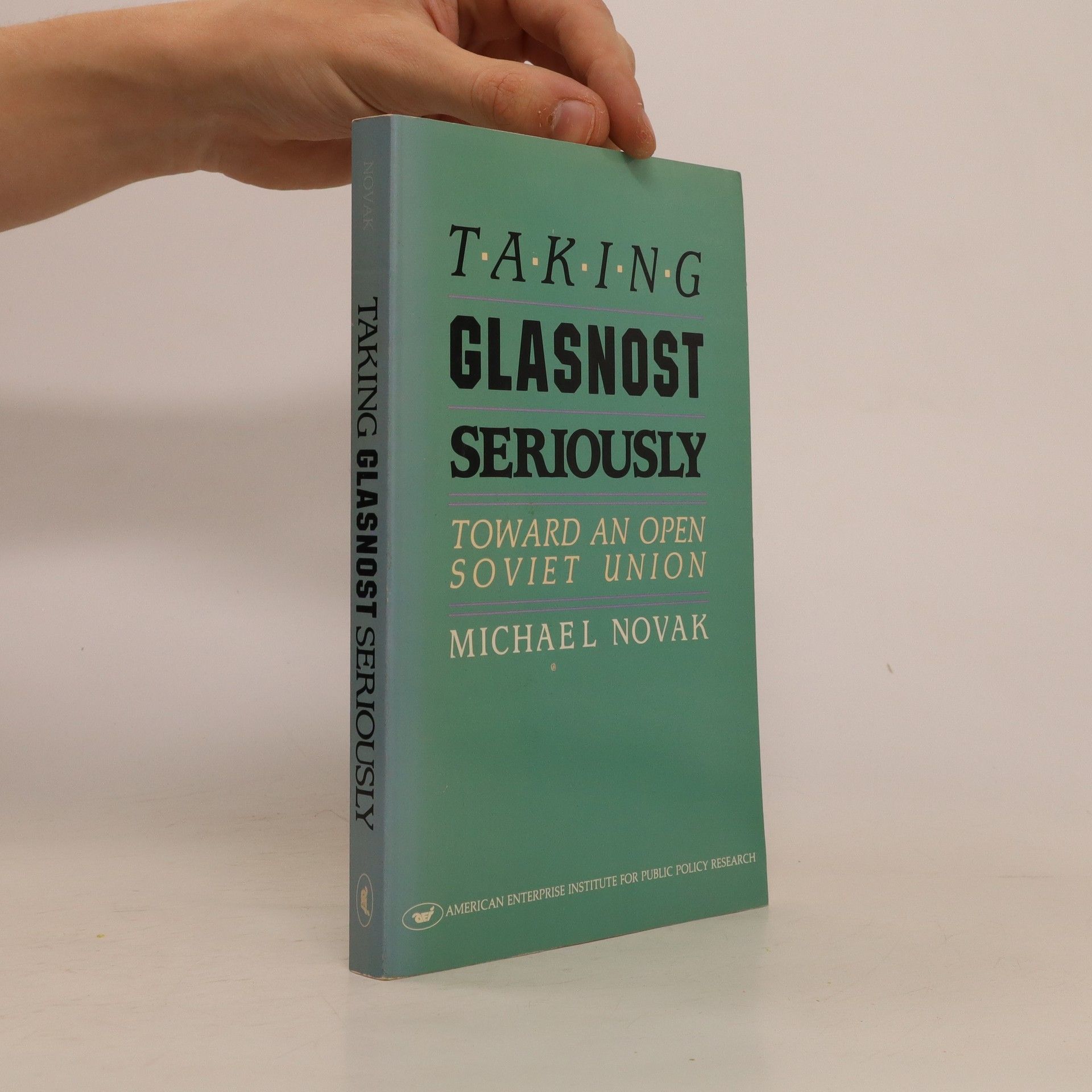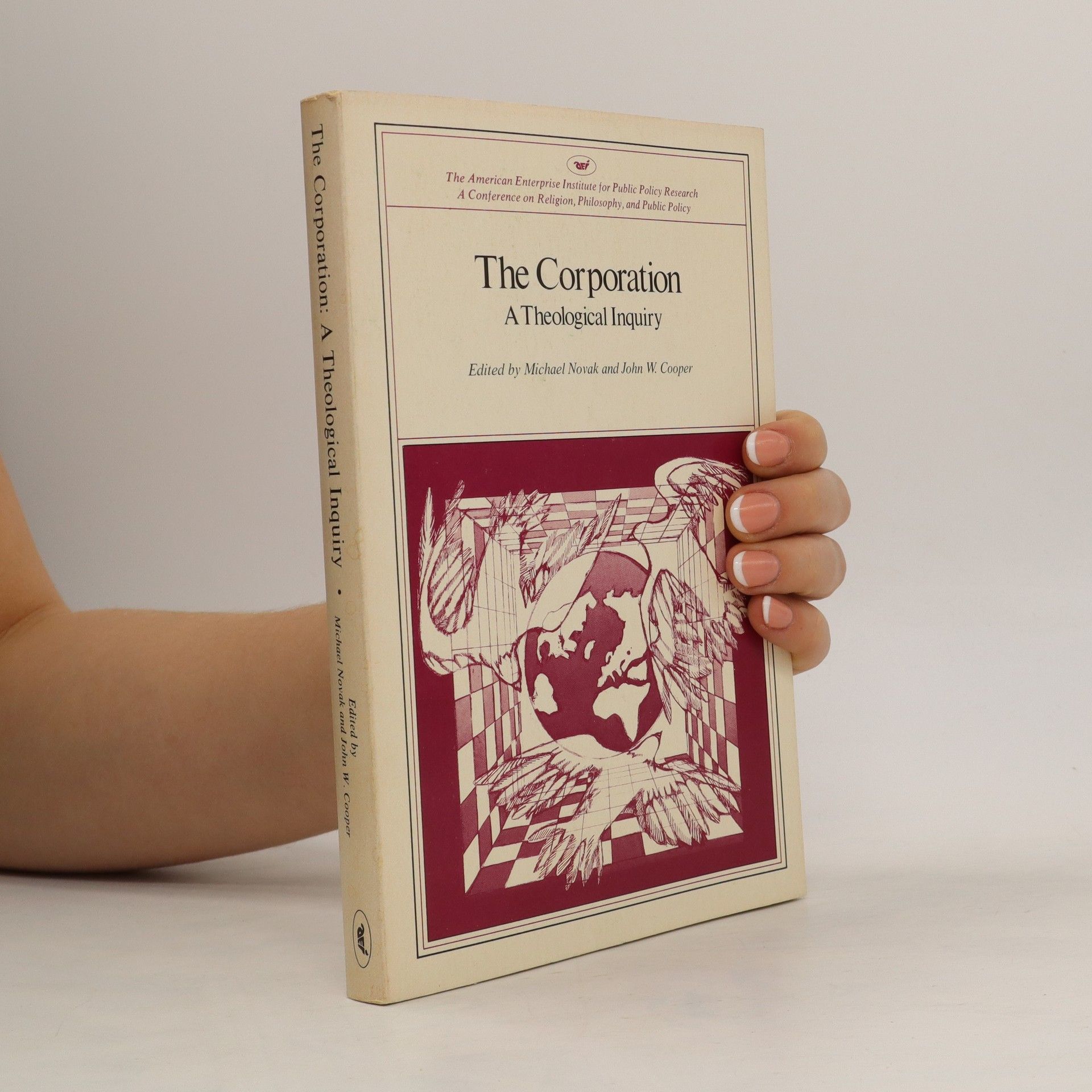Michael Novak Bücher
Michael Novak war ein amerikanischer katholischer Philosoph und Journalist, dessen Werk sich oft mit dem Zusammenspiel von Religion, Philosophie und öffentlicher Politik befasste. Seine Schriften setzten sich für die Idee der Freiheit ein und schöpften aus seiner katholischen Perspektive, um sich mit zeitgenössischen Fragen auseinanderzusetzen. Novak war eine bedeutende Stimme in intellektuellen und diplomatischen Kreisen, wo er sich für seine Überzeugungen in Bezug auf Freiheit und Religionsfreiheit einsetzte.

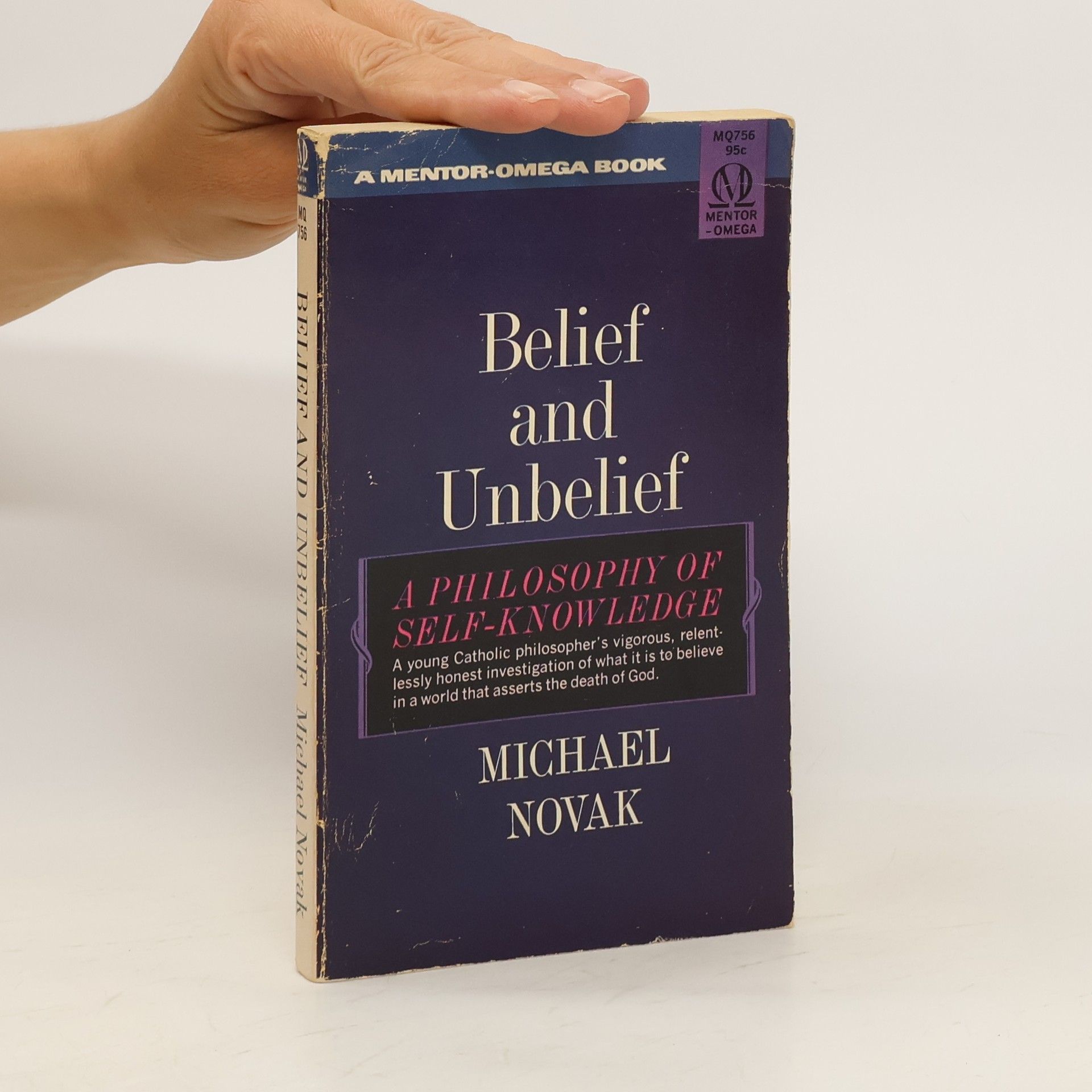
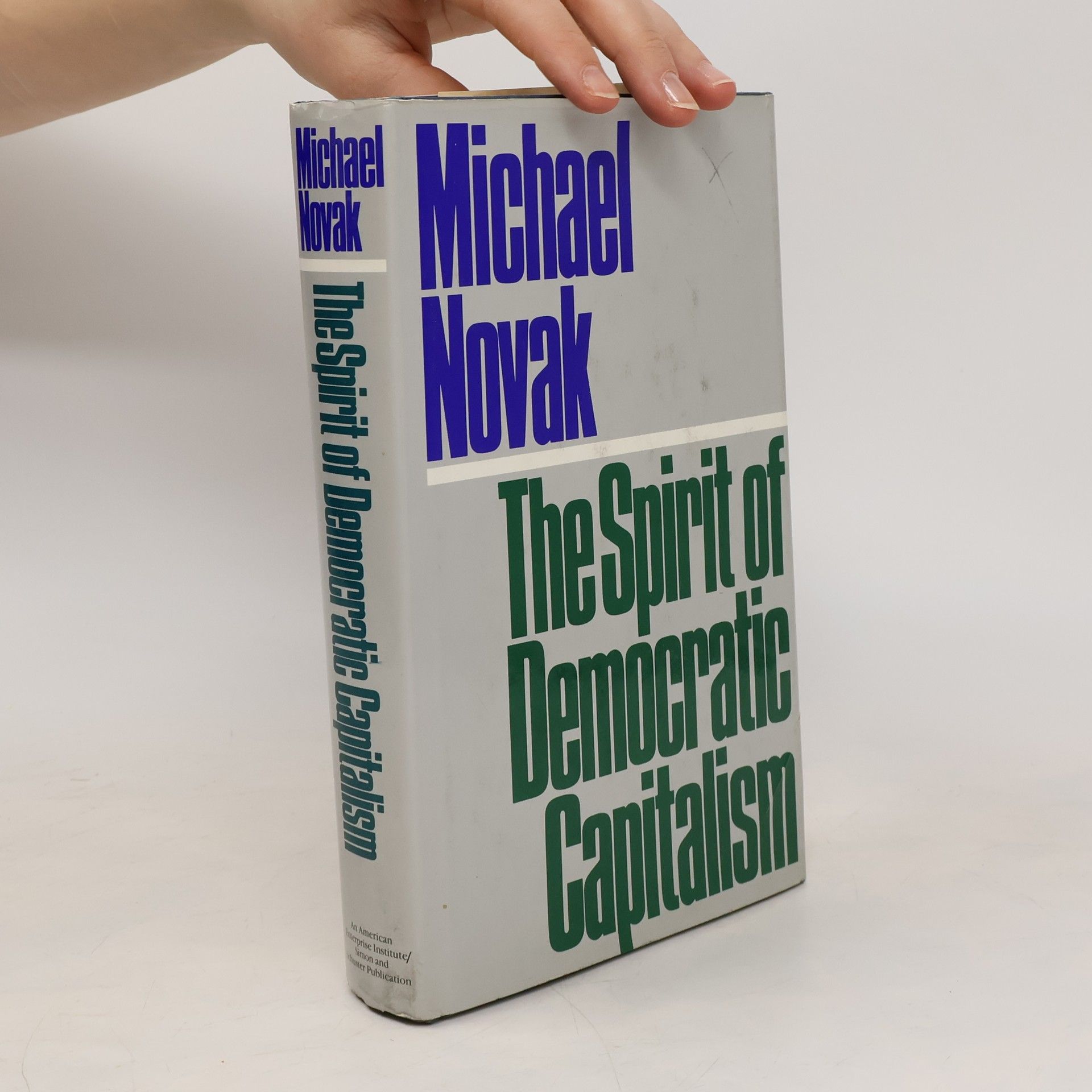
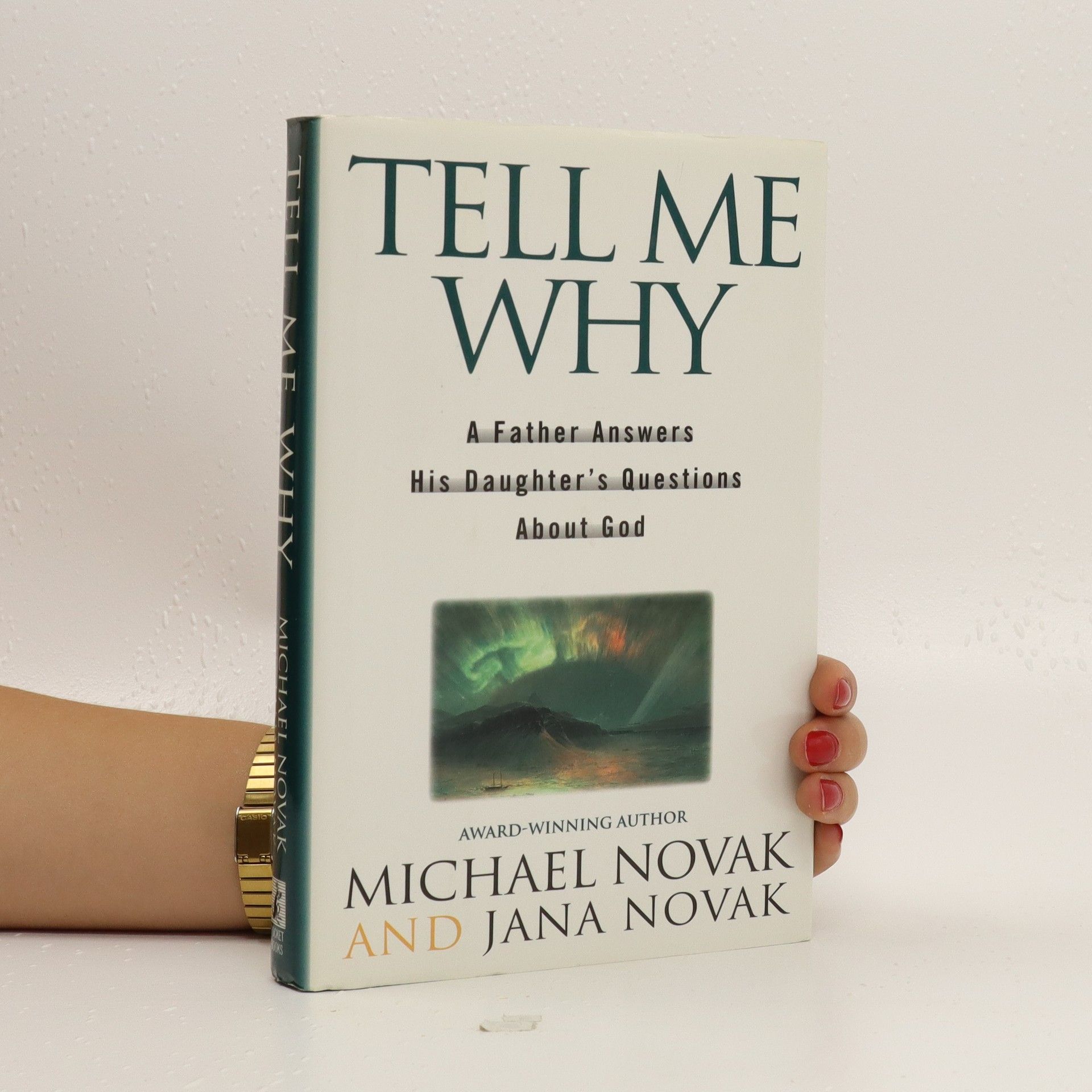
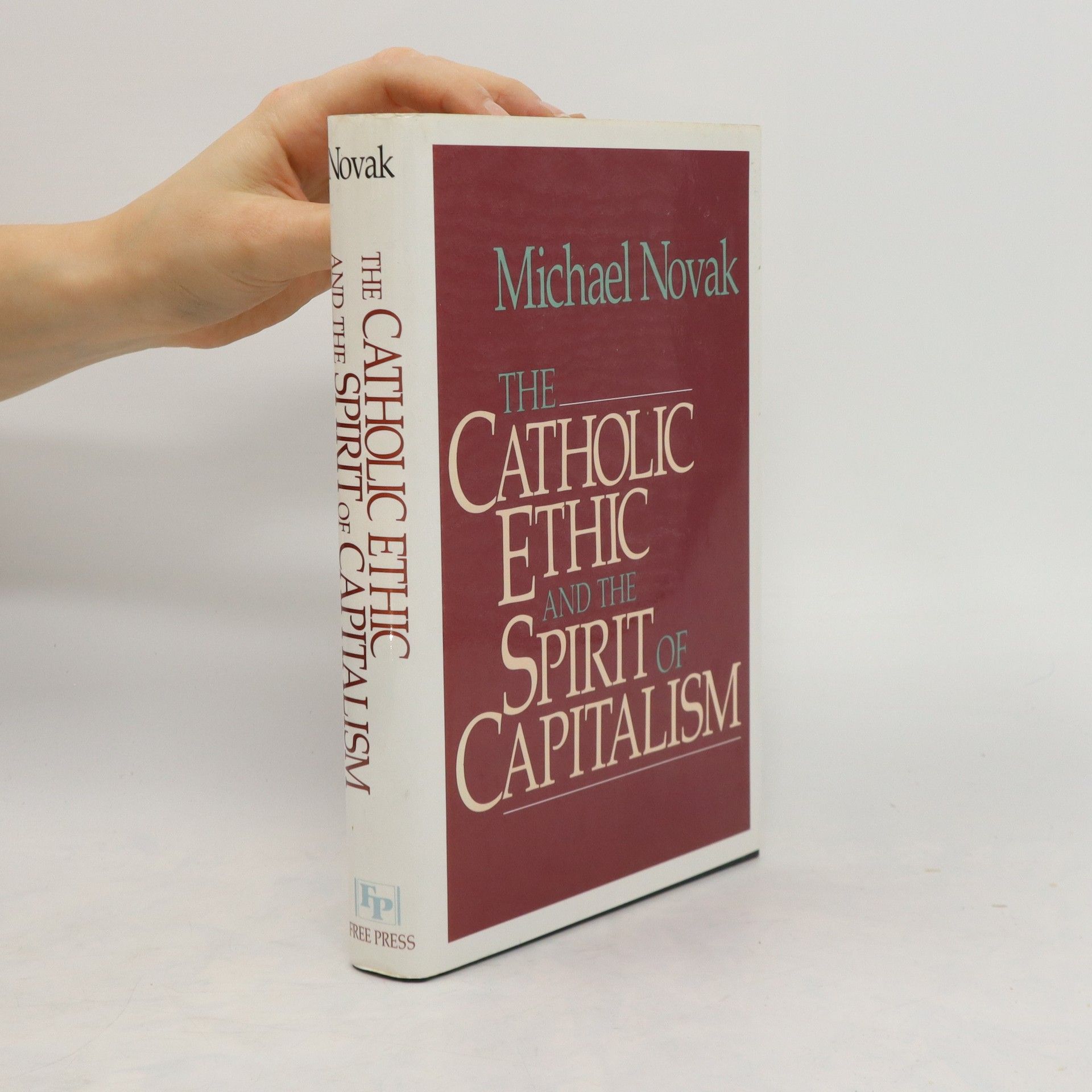
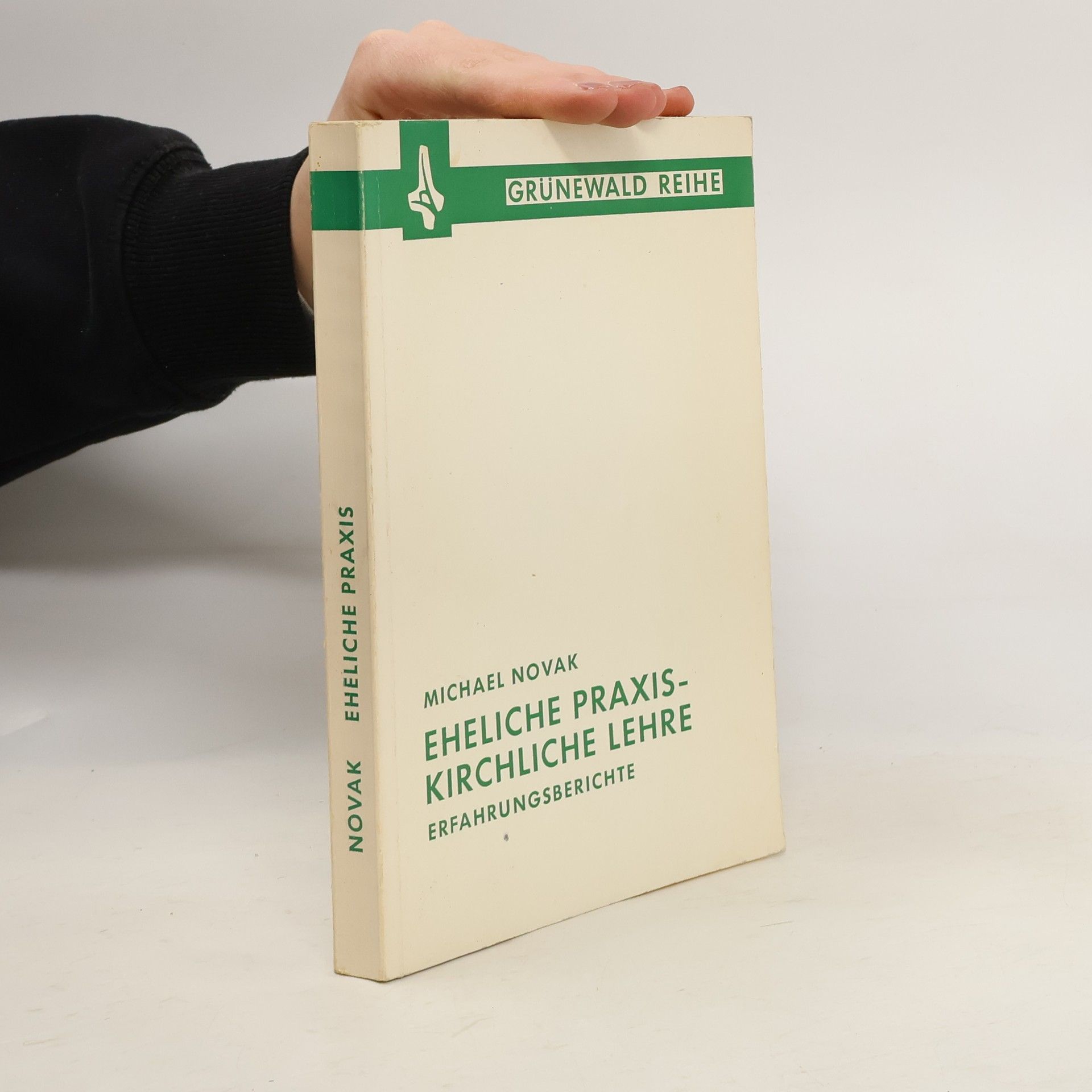

Eheliche Praxis Kirchliche Lehre
Erfahrungsberichte
The Catholic Church has, for generations, been reluctant to come to terms with capitalism. Novak argues that a 100-year debate within the Catholic Church has yielded a richer and more humane vision of capitalism than that described in Weber's "Protestant Ethic".
A Catholic theologian and his skeptical young daughter record their attempts to reach a shared understanding of God, faith, the Catholic Church, and morality.
Examines the relationship between capitalism, socialism, and religion, and argues that the benefits of capitalism need not be bought at the price of spiritual values.
Belief und Unbelief
A Philosophy of Self-Knowledge
This book examines the Soviet Union and the gradual process of liberalization in its press and government.
The Corporation
- 234 Seiten
- 9 Lesestunden
This book discusses how theology and the American corporation as an institution are intertwined.
Solzhenitsyn at Harvard
The Address, Twelve Early Responses, Six Later Reflections
- 143 Seiten
- 6 Lesestunden
When Aleksandr Solzhenitsyn gave the commencement address at Harvard University in 1978, many Americans expected to hear their country praised by this celebrated refugee from a totalitarian state. Instead they heard some sharply critical views of their legal system, their press, their popular culture, and even their national will. The forthright and controversial speech makes up Part One of this book. A sampling of the avalanche of comment that followed it is included in Part Two. In Part Three, six thoughtful scholars reflect on the ideas and judgments expressed by the great Russian writer.

